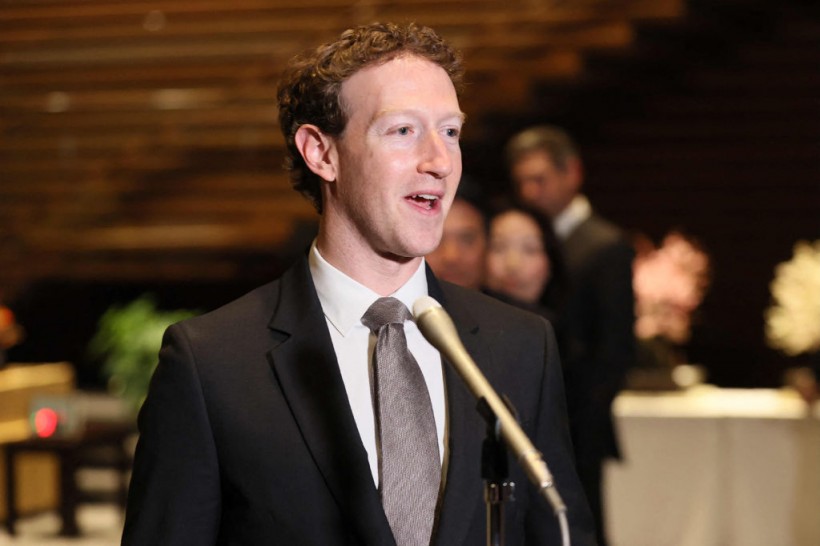Meta Platforms CEO Mark Zuckerberg won certain allegations in a dozen lawsuits accusing him of hiding Facebook and Instagram's harm to minors on Monday, Apr. 15.
US District Judge Yvonne Gonzalez Rogers in Oakland, California, ruled in the massive complaint by youngsters accusing Meta and other social media sites of addicting kids. Despite repeated warnings that the platforms were unsafe for minors, Mark Zuckerberg faced accusations of misrepresenting their safety in 25 of those cases.
The plaintiffs claimed that Facebook co-founder Mark Zuckerberg's status as the "trusted voice on all things Meta" required him to disclose the hazards of its products to children under multiple states's laws.
Reuters reported that Rogers decided Zuckerberg's comparative knowledge of Meta's services did not prove he owed each plaintiff such a duty. She called it "a duty to disclose for any individual recognizable to the public."
"The court will not countenance such a novel approach here," she stated.
Rogers is handling hundreds of claims brought by individual children against Meta and other social media firms, including Alphabet, which controls Google and YouTube; ByteDance, which operates TikTok; and Snap, which operates Snapchat.
Facebook, Instagram's Alleged Risks
Two Native American tribes sued Facebook, Instagram, and their parent Meta. Both claim that social media networks' design prioritizes profit over user well-being and harms young people, according to Business Insider.
According to Spirit Lake Nation chairperson Lonna Jackson-Street: "Given historic teen suicide and mental health issues on our Reservation and across Indian Country, Native youth are particularly vulnerable to the negative long-term effects resulting from the intentional, profit-driven design choices being made by these social media platforms."
The Center for Native American Youth noted that tribal youth in the US had three and a half to four times higher suicide rates than other racial or ethnic groups.
The social media platforms' addiction and role in the teenage mental health issue are the main points. According to the claims, social media companies "deliberately tweaked the design and operation of their apps to exploit the psychology and neurophysiology of kids" and preyed on a vulnerable demographic.
Read Also: The Future of Local News? Live TV You Can Control (Without Cable!)
(Photo : STR/JIJI Press/AFP via Getty Images) This photo taken on February 27, 2024 shows Mark Zuckerberg, head of US tech giant Meta, speaking to reporters at the Japanese prime minister's office during his visit to Tokyo.
Plaintiffs from both tribes want specific damages. This legal action is part of a rising trend of US school districts and towns suing social media corporations for the potential harm they may do to children.
Meta Integrating VR Tech in Schools
Meta is integrating VR into schools in a separate development despite reservations about its child management. The tech giant will create a classroom app hub and manage many headsets without upgrading, per a previous TechTimes report.
Meta is investing in this endeavor in the long term and wants to make VR education successful despite its unclear financial strategy.
However, some skeptics doubt VR in schools might increase instructional content and developer engagement. They say it may not solve the education VR app gap.
Meta will launch its VR education program later this year, just for schools with 13-year-olds. It will launch in 20 locations where Meta provides "Quest for Business," a $14.99-per-month workplace subscription service. These markets include the US, Canada, the UK, English-speaking countries, Japan, and a large portion of Western Europe.
Related Article: Meta Versus Chega: Portugal's Chega Party Threatens Legal Action Against Meta Over 10-Year Facebook Ban










